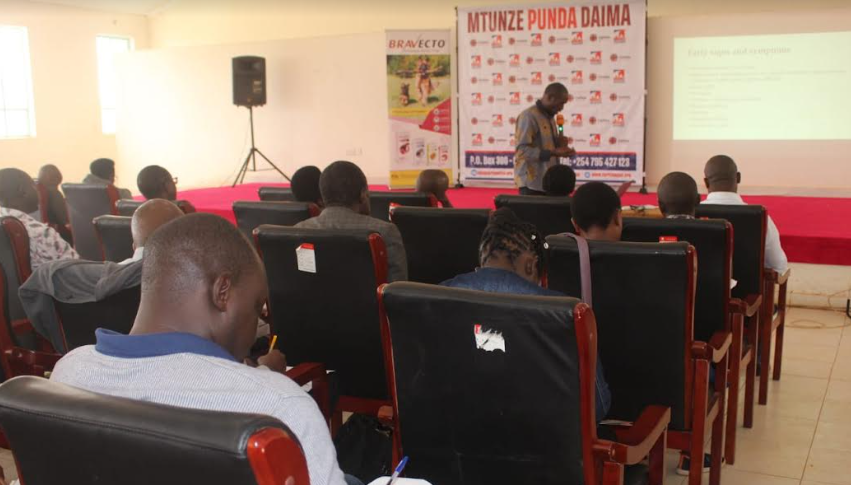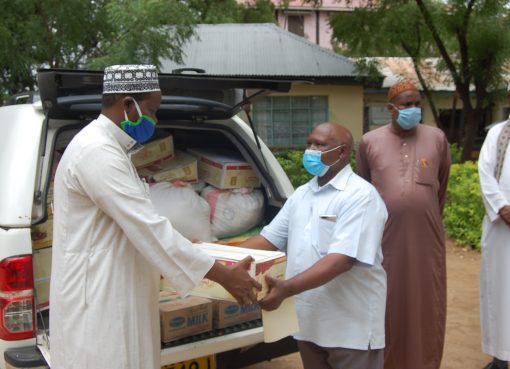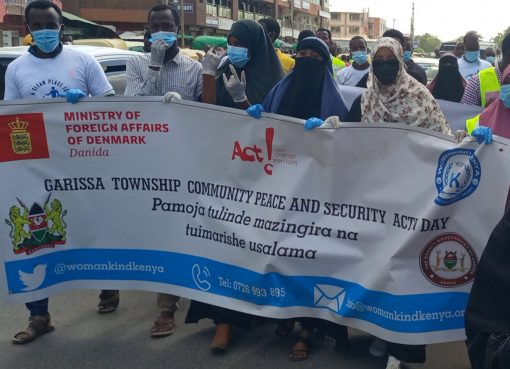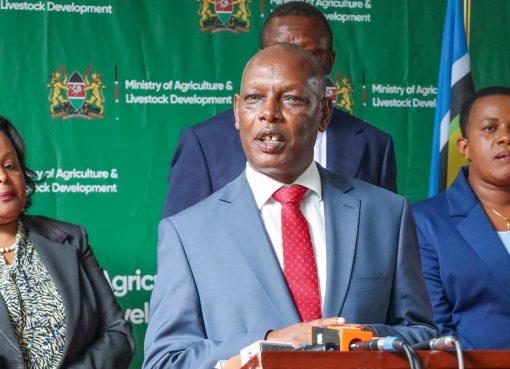Caritas Kitui held a two-day sensitization workshop with Kitui Veterinary officers and public health officials, with an aim of increasing domestic animal protection and curbing emerging diseases that have been affecting Kitui animals in the recent past.
The engagement also aimed at strengthening animals’ health system and veterinary services in the area.
The two days’ workshop which took place at Mwingi town resource center was attended by Kitui County employed and private vets and public health officials and the issues pertaining to animal welfare, especially on donkey welfare majorly featured in all presentations, especially at this time when the ban on donkey slaughter is likely.
Speaking in an interview, Caritas Kitui County Director Florence Ndeti said that women have been the most adversely affected by donkey slaughter, with their animals being stolen and sold hence causing tremendous losses.
“Seven years ago, we started a programme dubbed Mtunze Punda Daima to address social injustice to donkeys as well as working with women groups whose livelihood depends on donkey,” said Ndeti.
Ndeti said Caritas Kitui has been key in the fight against donkey slaughter and has been incorporating various stakeholders in the protection of animal welfare.
She added that Caritas Kitui has been doing community sensitization to help the community appreciate donkeys as well as taking donkey welfare seriously by informing them on how to do amnesty and source treatment.
“We train and engage all stakeholders including women groups, who are the donkey owners on how to take care of donkeys and where to seek help,” said Ndeki adding
that the engagement helps stakeholders identify common areas to partner in.
Ambrose Musyimi who is an officer working with Caritas Kitui said that Caritas has been fighting tirelessly to stop donkey slaughter in Kitui, urging the current government to maintain the ban on the slaughter of donkeys and keep slaughterhouses closed, as donkeys were better alive.
Musyimi said that the profits made by donkeys while alive could not be compared to the money paid when purchased for slaughter, hence their clarion call that “donkeys are better alive”.
On his side, a veterinarian working with Kitui County government Dr. Peter Gathayo said that the engagement would help create awareness of emerging diseases and how to curb them.
He added that the Kitui county government is tackling such disease by doing surveillance in different parts of the county.
On drought, Dr. Gathayo said that the drought situation in Kitui has left over 1000 animals dead and others suffering many opportunistic diseases due to malnutrition.
He confirmed that some of the common diseases were coccidiosis, foot and mouth and canine distemper.
By Charles Matacho





